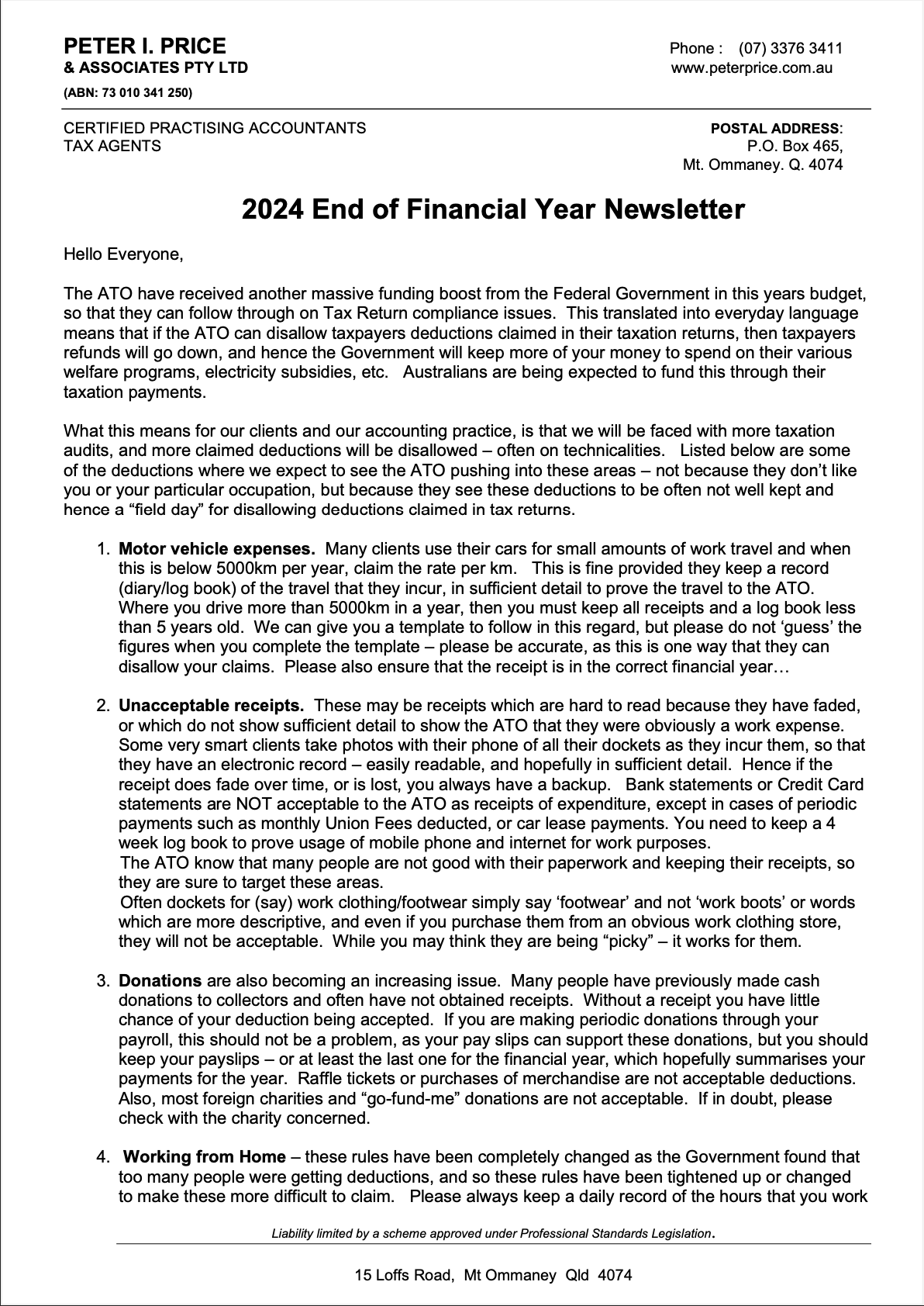ATO’s hands tied with scrapping on-hold debts, expert says

.
Relief for taxpayers with on-hold debts resurrected by the ATO is impossible to achieve without government intervention due to the Commissioner’s inflexible powers, according to one expert.
The ATO announced on Thursday it paused activities around re-raising liabilities previously deemed “uneconomical to pursue” after backlash from the community over the program’s fairness and transparency.
But UNSW associate professor Ann Kayis-Kumar said individuals with on-hold debts hoping for a blank slate would be disappointed because “the ATO’s hands are tied” with no power to write the amounts off.
“The ATO’s in a tricky position. Being responsible for collections and compliance, it needs to walk that delicate balance between collection but also not disproportionately affecting the most disadvantaged in our community,” she said.
“But that raises the question of the discretion available to the ATO.”
Only the finance minister had the power to permanently write off debts owed to the government, she said.
While the ATO could release certain taxpayers’ debts under “serious hardship” provisions contained in the Income Tax Assessment Act, in practice they were ineffective due to being “so outdated and drafted in such a counterintuitive way”.
For example, the current provisions meant the ATO would be less likely to grant hardship relief to taxpayers with more debt.
“That just does not square with reality,” she said. “We need a legislative fix and it really can't be overstated how important that is.”
In the ATO’s statement released yesterday, it announced it would pause the on-hold debts program due to the “frustration” and “concern” caused to the community.
“The ATO has paused all action in relation to debts placed on hold prior to 2017 whilst we review and develop a pragmatic and sensible way forward that takes into account concerns raised by the community,” it said.
However, it said it had “no discretion under the law to waive these amounts and must use any future refund to reduce these debts”.
“In the past, the ATO has excluded some debts from being recovered from taxpayer refunds in this way through long-standing exclusionary criteria, such as for taxpayers on low incomes. However, the Australian Government Solicitor advised this was not in line with the law and so the ATO cannot continue this practice,” it said.
The announcement follows an earlier apology issued by the ATO in November for the “unnecessary distress” caused by its “public awareness campaign” that first alerted taxpayers to the debts a month earlier.
The campaign involved the sending of 200,000 letters to taxpayers and tax agents listing the sums without containing further details of their origins.
Internal documents obtained by The Guardian this week revealed the on-hold debts were the result of the ATO’s gradual removal of filters in its automated systems.
The planned removal of the final filter – debts placed on hold prior to 2017 – would have expanded the program to apply to $15 billion from 1.8 million entities, the documents said.
Ms Kayis-Kumar, who runs UNSW’s pro-bono Tax & Business Advisory Clinic, said on-hold debts disproportionately impacted financially vulnerable individuals without access to tax advice.
Tax agents also reported confusion and increased workloads in attempting to reconcile the debts.
But the community’s concerns could be addressed by giving the Commissioner a “general public policy ground of relief”, in addition to reworking the serious hardship provisions, she said.
A general discretion, as seen in other countries like the US, could allow the flexibility needed to scrap the on-hold debt program in line with public consensus.
“If we adopted something inspired by the public policy ground of relief in the US, the ATO would be able to exercise that discretion in situations like what we’re seeing here,” she said.
“You want decision-makers to be able to make decisions that are in line with community expectations.”
“If we want to see a wholescale improvement to the status quo, we need more reform.”
Christine Chen
23 February 2024
accountantsdaily.com.au

